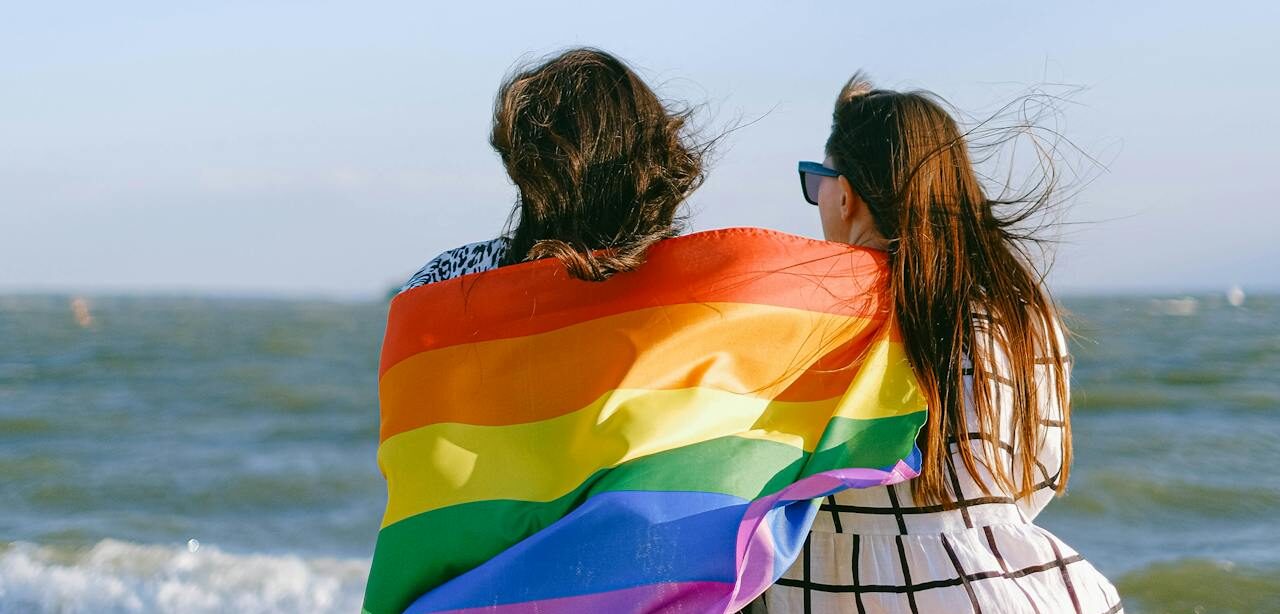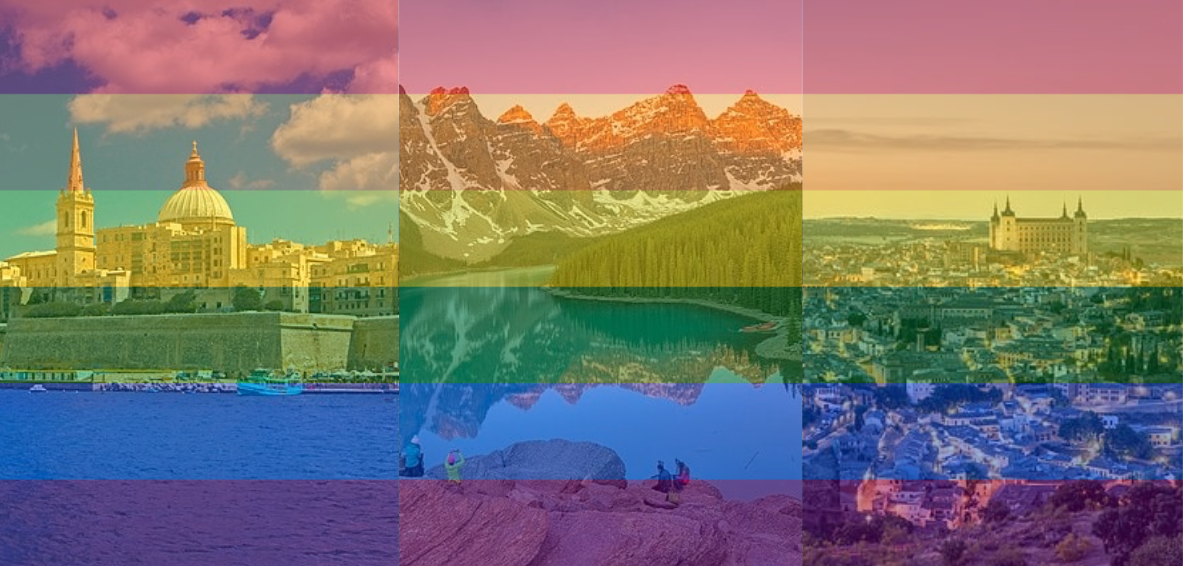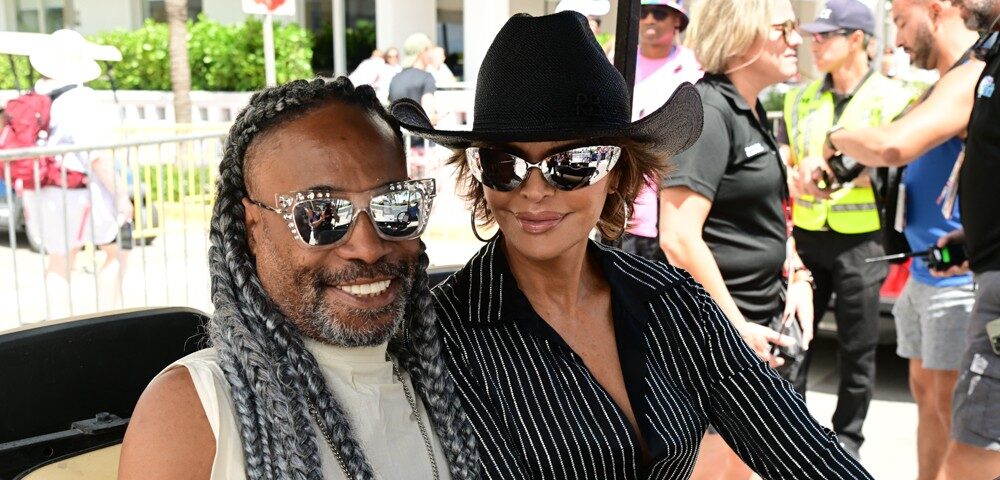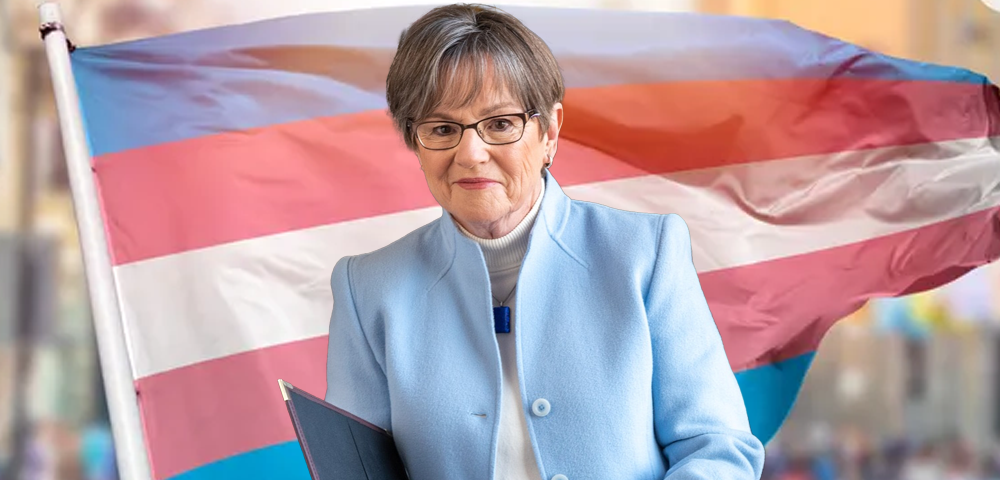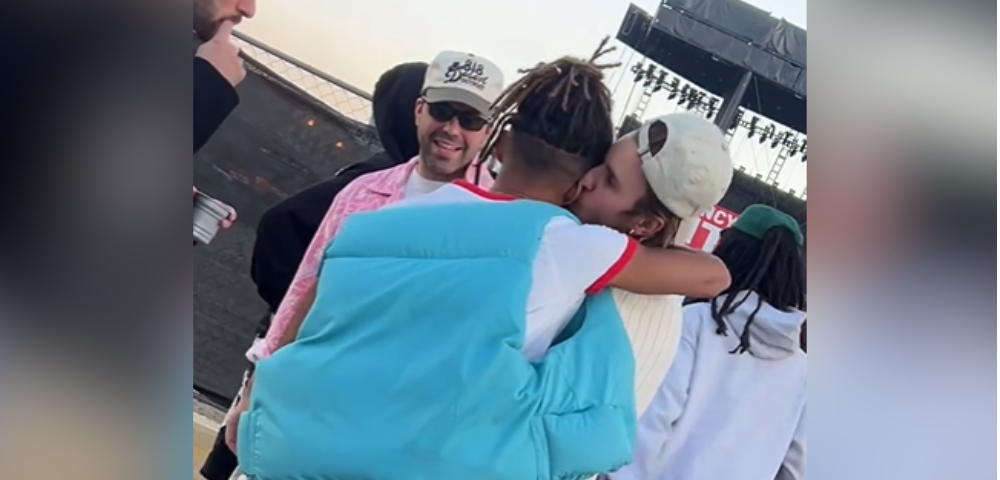
Don’t Say Gay Law Has Led To Spike In Online Hate Against LGBT Community: Report

Anti-LGBTQ+ rhetoric has surged online following Florida’s ‘Don’t Say Gay’ law which prevents teachings on sexual orientation and gender identity in classrooms of kindergarten to the third grade.
Trigger Warning: This story discusses homophobic and transphobic comments, which might be distressing to some readers. For 24 hour crisis support and suicide prevention call Lifeline on 13 11 14. For Australia-wide LGBTQI peer support call QLife on 1800 184 527 or webchat.
According to a report released by the Human Rights Campaign and the Centre for Countering Digital Hate (CCDH) last Wednesday, references to paedophiles and “grooming” rose by over 400 per cent in the month after Florida’s “Don’t Say Gay” bill was approved.
The Human Rights Campaign is one of the largest LGBTQ+ advocacy groups in the United States with a focus to “end discrimination against LGBTQ+ people and realise a world that achieves fundamental fairness and equality for all.”
Rise In Discriminatory And Inflammatory Language Online
The report, Digital Hate: Social Media’s Role in Amplifying Dangerous Lies About LGBTQ+ People, found that the surge of discriminatory and inflammatory language resulted in a spike of online homophobia across social media platforms.
The ‘Don’t Say Gay’ bill was passed on March 28, 2022, and prohibits public school teachers from having “classroom discussion about sexual orientation or gender identity in primary grade levels.”
The law aims to “reinforce the fundamental right of parents to make decisions regarding the upbringing and control of their children” and has fallen under criticism by LGBTQI advocate groups, arguing that it is harmful for the mental and physical health of queer, trans and non-binary children.
Anti-LGBTQI Hate Driven By Conservative Politicians
The report also found that anti-LGBTQI content was driven by a small group of extremist politicians and their allies, with conservatives posting, liking, or forwarding posts to others. The politicians include Marjorie Taylor Greene, DeSantis’ press secretary, Christina Pushaw and U.S. Rep Lauren Boebert.
The visibility that was generated by social media posts was found to be a result of “Twitter’s failure to enforce its own policies banning anti-LGBT+ slurs”.
Researchers used BrandWatch to examine tweets between January 1, 2022, and July 27, 2022, collecting a sample of 989 547 tweets which mentioned the LGBTQI community, including slurs like “groomer”, “predator” and “paedophile”. The report found that a month after the ‘Don’t Say Gay’ law had passed, there was an average of 6607 tweets a day using anti-queer rhetoric, a significant increase from 1307 in the month prior.
Interim President of the Human Rights Campaign, Joni Madison stated that the rise of online hate “doesn’t just have political implications, there are deadly, real-world consequences as violent rhetoric leads to stigma, radicalisation, and ultimately violence.”
Social Media Profits Off Shameful ‘Grooming’ Narrative
Meta, the owner of Facebook and Instagram has been actively profiting off ads which promote the “grooming” narrative on both social media platforms, researchers found
Around 59 ads promoting the narrative that the LGBTQI community and its allies are ‘grooming’ children had been served to users over 2.1 million times. The company accepted up to $24,987 for the ads.
As of August 1, Meta has continued to run ‘grooming’ ads despite stating on July 20 that calling LGBTQI people or the community “groomers” is covered by its hate speech policies.
CEO of the CCDH Imran Ahmed stated that the LGBTQI community were in the “middle of a growing wave of hate and demonisation” which was often distributed “digitally by opportunistic politicians and so-called ‘influencers’ for personal gain.”
“Online hate and lies reflect and reinforce offline violence and hate. The normalisation of anti-LGBTQ+ narratives in digital spaces puts LGBTQ+ people in danger,” Ahmed said.




